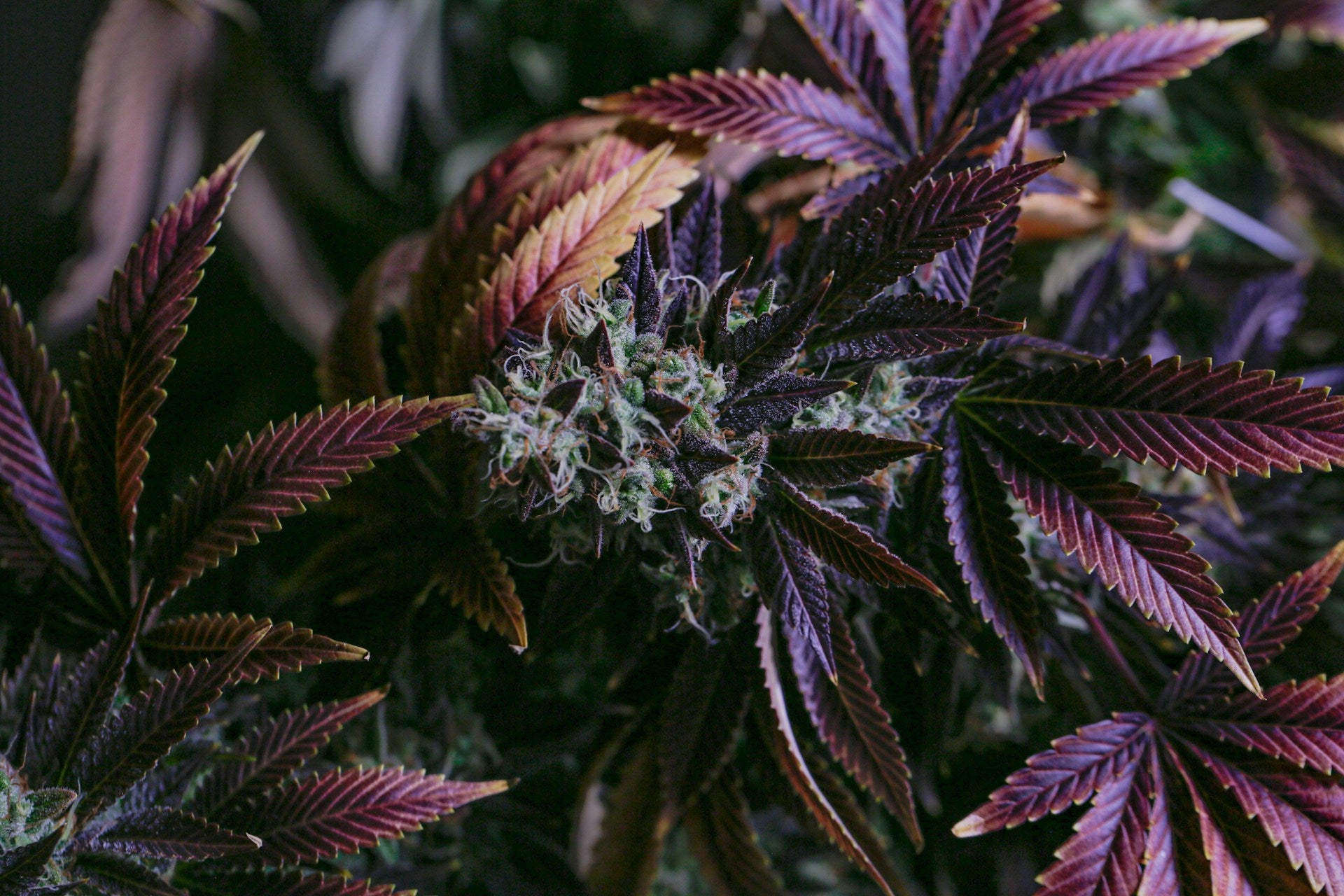

Why is terpene info so vague?
If you've tried to do any amount of research on terpenes, then you've probably noticed how hard it is to get a straight answer. Every website lists different terpene entourage effects, there's a lack of studies, and reddit has wildly varied opinions on terps. Here's a few reasons why this is happening and our take on terpenes (From a U.S perspective).
The Law
This is likely the #1 reason why terpene information in this context is so convoluted. As long as grass is criminalized, scientists and other researchers are going to generally stay away from it. This isn't just a legal issue though, it's an issue with funding. There hasn't been many organizations in the past that can or will fund the research. This compounds the problem because when a study finally does get funded or a group prepares one themselves, most of the time it will be focused on the major cannabinoids. Essentially, because the energy on research is so limited, not many resources are going to go into the niche study of terpenes and cannabinoid interactions. This leads to the next major issue with getting good terpene information...
It's Hard to Study
Aside from it being difficult due to funding and law, it's literally hard to study. This is because:
- Each person experiences different effects
- Some experience none at all
- The synergies aren't linear
- People have, and build up, different tolerances
- Real life use is much different than a controlled environment
For example, a person living their life will randomly consume who knows which terpenes throughout the day. Then they go puff some grass, which also has terpenes. They do the same thing the next day, but the effects are different, how?
It's likely because the terpenes they ate the second day were different in quantity or type, plus 50 other minor factors. It's hard to get consistency when our diets are changing daily.
Another issue is the personal experiences people have. If someone smokes a lot of fresh flower, then they've likely experienced different different types of experiences. This is where you get Indica (chill couchlock type) and Sativa (in your head energetic / focused type). Well, if one person experiences that, but another buys low quality flower or edibles, then they may not experience a very big difference in the type they feel. This issue also goes much deeper in regards to product packaging, individual diet, and timing, which leads to massive amounts of terpene vagueness.
Misinformation
This goes both ways. On one hand you have people who make outrageous claims that terpenes will give you large health benefits, increase potency by magnitudes, and that terpenes have set effects. On the other hand you have people who think they are a placebo, all experiences are the same, and terpenes only exist for flavor / smell. As per usual, the answer doesn't exist on either of these extremes. This warrants an entire post of its own, but basically, based on what we currently know:
- Terpenes have been showing evidence of minor health benefits
- Terpenes have clearly shown potential as an identifier of how a strain's effects will feel
- There is really only anecdotal evidence for increasing potency
- The effects are wildly different depending on the person, terpenes, and compounding effects
If you don't want to deal with misinformation, just try this yourself. Make your own pure edible, take Xmg day 1, take the same mg on day 2 at the same time, but with terpenes, eat the same diet both days, and monitor how you feel. With the blind studies we've done, it has been clear every time when the terpenes were introduced vs the placebo.
Everyone is encouraged to come to their own conclusions based on real evidence of how terpenes affect you and combine that data with real scientific studies. Here's some studies to read that go through what's been listed above and give much more context to where we are at with terpene research.
Studies:
Smith CJ, Vergara D, Keegan B, Jikomes N. The phytochemical diversity of commercial Cannabis in the United States. PLoS One. 2022 May 19;17(5):e0267498. doi: 10.1371/journal.pone.0267498. PMID: 35588111; PMCID: PMC9119530.
Watts, S., McElroy, M., Migicovsky, Z. et al. Cannabis labelling is associated with genetic variation in terpene synthase genes. Nat. Plants 7, 1330–1334 (2021). https://doi.org/10.1038/s41477-021-01003-y
Russo EB. Taming THC: potential cannabis synergy and phytocannabinoid-terpenoid entourage effects. Br J Pharmacol. 2011 Aug;163(7):1344-64. doi: 10.1111/j.1476-5381.2011.01238.x. PMID: 21749363; PMCID: PMC3165946.
Cox-Georgian, D., Ramadoss, N., Dona, C., Basu, C. (2019). Therapeutic and Medicinal Uses of Terpenes. In: Joshee, N., Dhekney, S., Parajuli, P. (eds) Medicinal Plants. Springer, Cham. https://doi.org/10.1007/978-3-030-31269-5_15